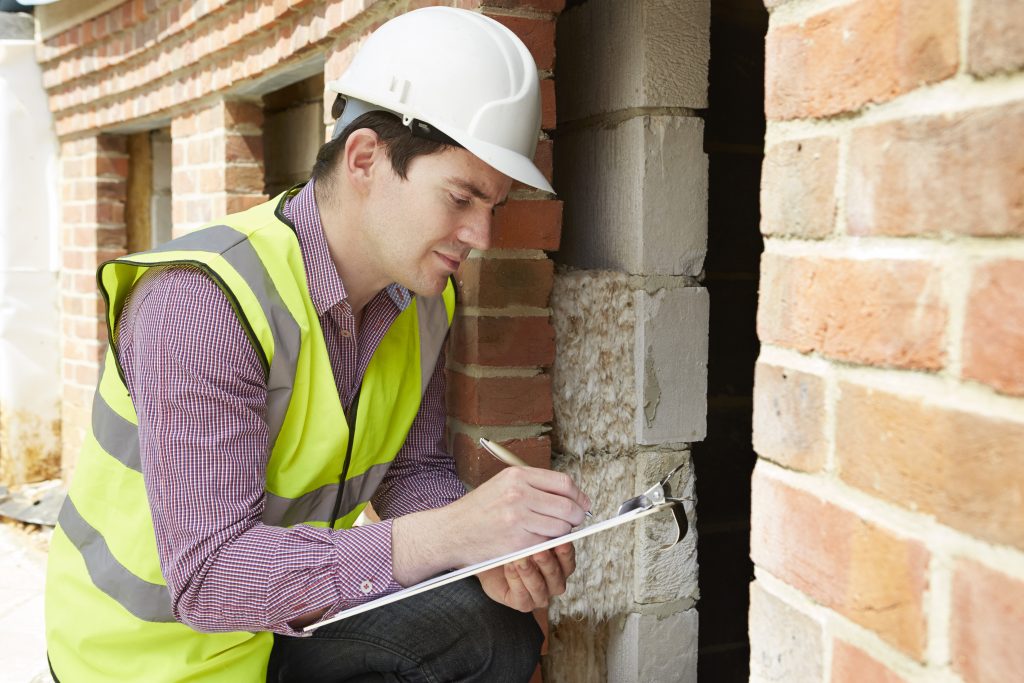Ever wonder what goes on in a home inspection? From the foundation to the roof, a home inspector meticulously evaluates all aspects of a property. Here are a few of the many things they are looking for:
Foundation:
The foundation is what holds everything together. A solid properly aligned foundation is crucial, especially when considering older properties. Cracks or shifts in the foundation can imply structural issues, so inspectors pay close attention to these subtle but critical details.
Roof:
The inspector will know if the roof was constructed properly by a professional, or poorly by an amateur. They will make sure the roof is well constructed, isn’t showing signs of age or deterioration. Another piece that will be checked are any openings such as a chimney or skylights, so they are properly sealed and free of moss growth and debris. In addition, they assess the gutter system to ensure proper drainage and prevent water damage, a common issue in many homes if neglected.

Exterior and Interior Walls:
The exterior and interior walls form the house’s protective shield. An inspection identifies any vulnerabilities such as cracks, dampness, or insulation issues that may affect the property’s resilience.
Doors and Windows:
A close examination of these openings reveals the home’s energy efficiency and structural integrity, highlighting the importance of proper sealing and installation. Effective doors and windows should open and close correctly, have no cracks, decay, or missing caulk that might leave your home vulnerable to the elements.
HVAC Systems:
To stay cool in the summer and warm in the winter, a functioning HVAC system is a must. Visible rust, the age of the system, being recently converted or upgraded will all be considered. To make sure it’s in good shape, the inspector turns on the heater and air conditioner and leaves it running during the appointment.
Plumbing and Electrical Systems:
It’s important for the inspector to check for vulnerabilities in pipes such as cracks, leaks or other problems with the water heater. Since water is consistently being pushed through pipes, it can take a toll on the plumbing.
For the electrical system the wiring will be double-checked for it to be safe and that it was installed correctly. The house should have ground-fault circuit interrupters throughout the home to prevent electrocution.
Before purchasing a home, it’s wise to get a home inspector who is reputable. The inspector’s report should provide information so that the buyer and seller can negotiate on the home’s purchase price, along with accountability for any necessary repairs before you prepare for closing. Understanding these assessments, and potential costs or risks or associated with future repairs or maintenance, is a critical step in making an informed decision before a purchase.
